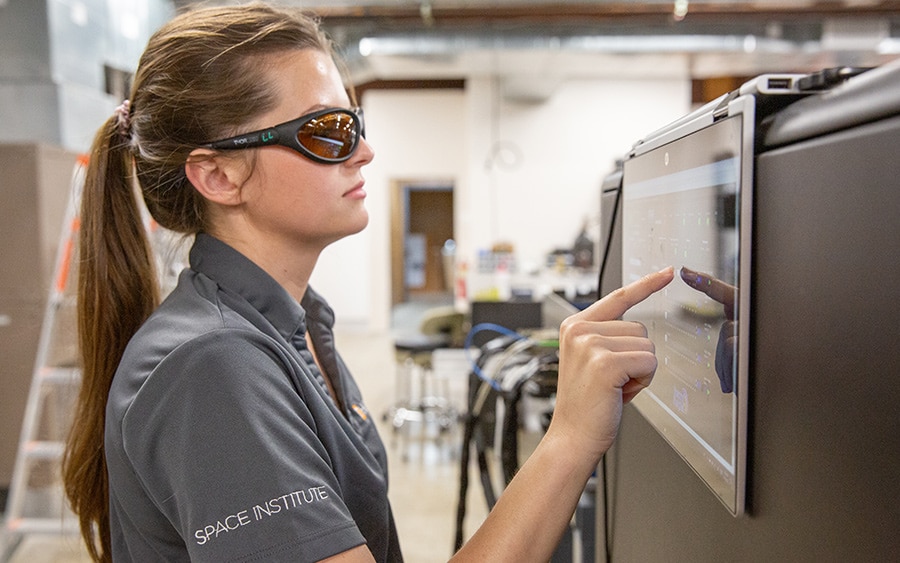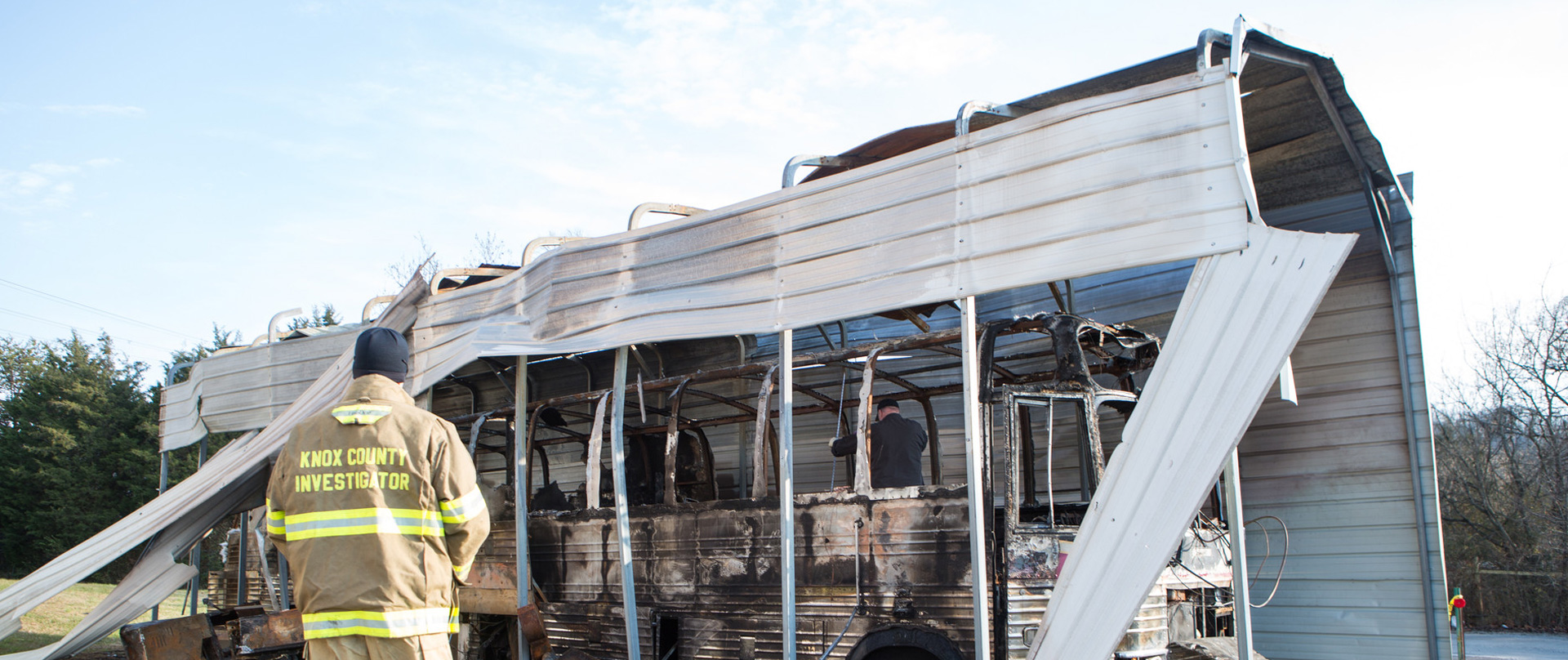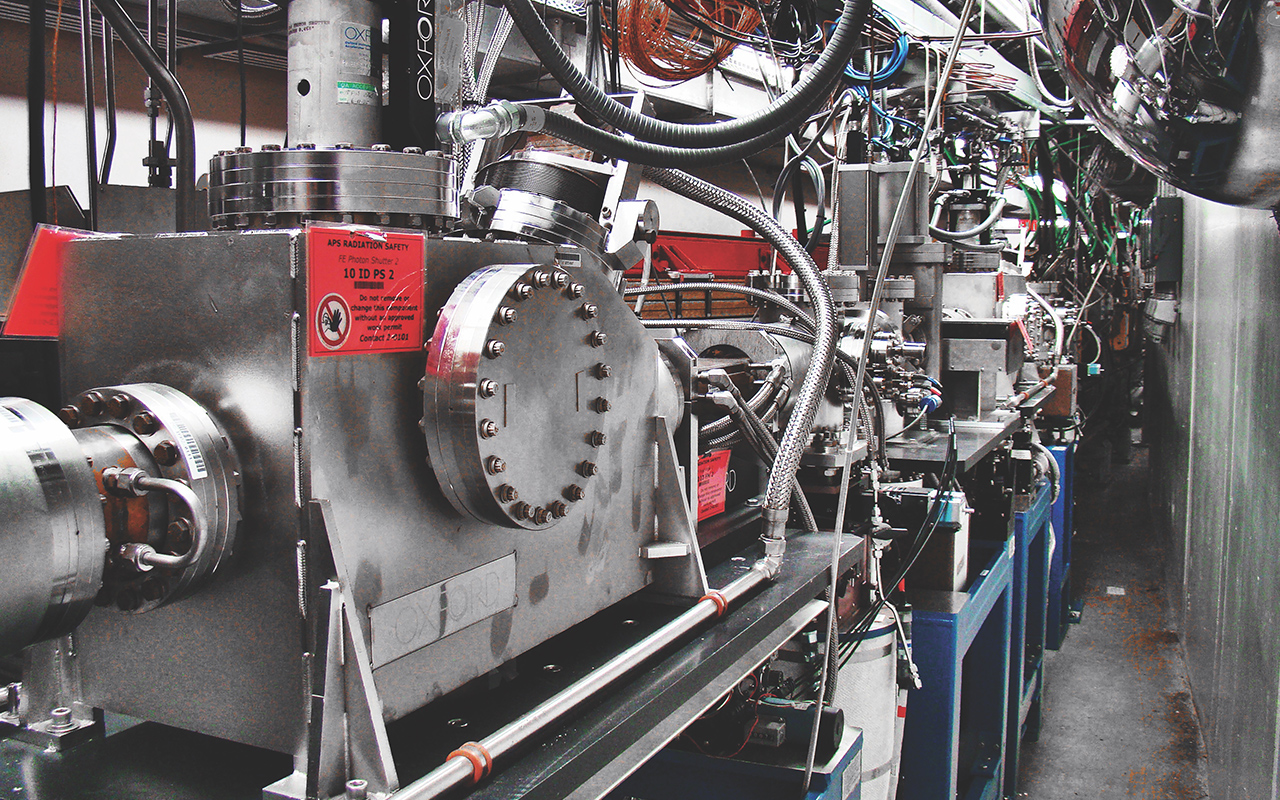Online Graduate Certificate: Hypersonics
Hypersonics
Program Overview
Are you ready to take your knowledge of hypersonics to the next level? The University of Tennessee, Knoxville offers a Graduate Certificate in Hypersonics. This fully online program is for current graduate students or practicing engineering professionals who have completed at least a bachelor’s degree in engineering with a GPA of 3.0 or higher. Whether you take this coursework as a stand-alone credential or an add-on program, this graduate-level education focuses on foundational technical disciplines relevant to hypersonic flight and other related topics applicable to a variety of engineering careers.
Take Your Knowledge to the Next Level in Hypersonics
The Graduate Certificate in Hypersonics at the University of Tennessee, Knoxville, is an opportunity to obtain graduate-level education focused on the foundational technical disciplines relevant to hypersonic flight and an appreciation of the significant interrelation between disciplines characteristic of the highly-integrated systems in the field. Courses in this certificate are taught by the world-class faculty of the Mechanical, Aerospace, and Biomedical Engineering department within the Tickle College of Engineering. Emphasis areas in the certificate program include aerothermodynamics, propulsion, and modeling & simulation, with additional content in materials and advanced manufacturing planned in the near future.
Areas of Emphasis in the Hypersonics Online Graduate Certificate are as Follows:
- Aerothermodynamics
- Modeling & Simulation
- Propulsion
Request Information
Featured Courses
One-dimensional internal and external flow; waves; small perturbation theory; slender body theory; similarity rules; method of characteristics.
Fundamental concepts of plasma including electromagnetic theory, collision processes, kinetic theory, microscopic and macroscopic descriptions, transport properties, and magnetohydrodynamic analysis.
Slender body flow; similitude; Newtonian theory; blunt body flow; viscous interactions; free molecule and rarefied gas flow.
Macroscopic effects, analogies, statistical treatment, correlation functions, energy spectra, diffusion; application of turbulent jets and pipe flow.



